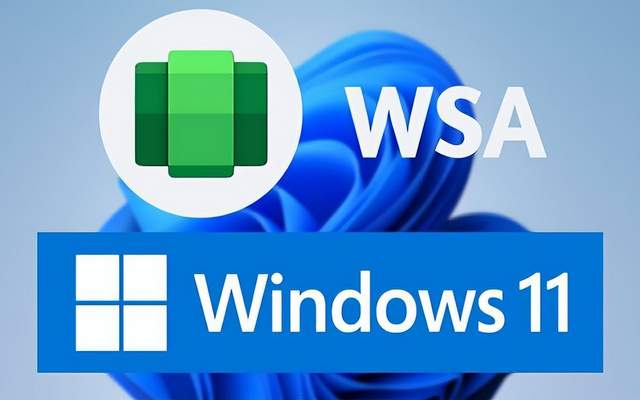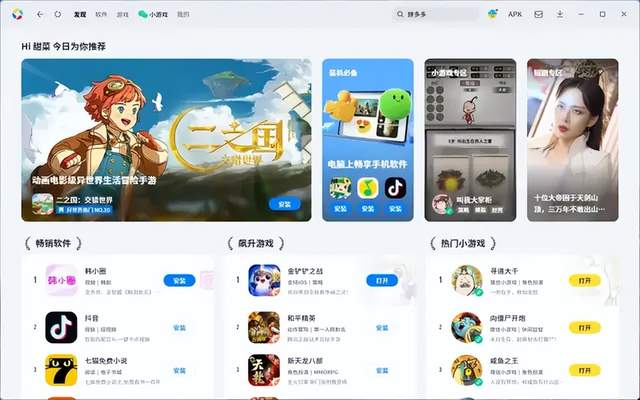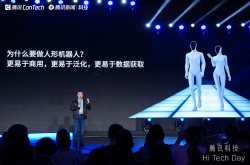Microsoft's three-year promise unfulfilled, forcing a partnership with Tencent for a China-exclusive feature
![]() 11/15 2024
11/15 2024
![]() 543
543
Remember in June 2021 when Microsoft made a groundbreaking announcement with Windows 11? They claimed to use a technological means to enable Windows 11 to natively run Android apps, turning the impossible into a reality.
Microsoft named this feature Windows Subsystem for Android, or WSA for short.
Many believed that Microsoft was aiming to bridge the gap between Windows and Android, enticing Android users to choose Windows-based computers over switching to MacOS.

However, despite the grand promise, the WSA feature on Windows remained unfulfilled.
Now, with Windows 12 in beta testing, native support for Android apps is still limited to the US, completely absent in China.
Earlier this year, Microsoft officially announced the abandonment of Windows Subsystem for Android, with no future plans to advance the project.

Subsequently, reports emerged that although Microsoft had given up on WSA, they planned to partner with Tencent in China to achieve this functionality, exclusively for the Chinese market.
Indeed, these rumors proved true as the Windows Store officially introduced a dedicated Tencent App Store section, now open to members of the Windows Insider Program in China.
Tencent's App Store has implemented WSA technology on Windows, offering a rich selection of Android-based mobile apps. Over 1000 mainstream apps are available, covering various needs like WeChat, Meituan, and Xiaohongshu.

Microsoft praised this collaboration, stating that it allows users to access their favorite mobile apps on PCs, turning expectations into reality. This not only bridges the gap between mobile and PC platforms but also provides users with unprecedented richness and flexibility.
This is quite surprising as Microsoft, unable or unwilling to handle the task, has entrusted Tencent to implement the software. It's a clever move to leverage resources.

My tests confirm that using Android apps through this feature offers a native-like PC experience, allowing free resizing of windows and multitasking. There's no need for emulators.
But do users still want to run Android apps on Windows? I'm not so sure the demand is that high anymore. However, since Microsoft isn't investing much effort and Tencent is handling it, it's not a critical issue anymore.






